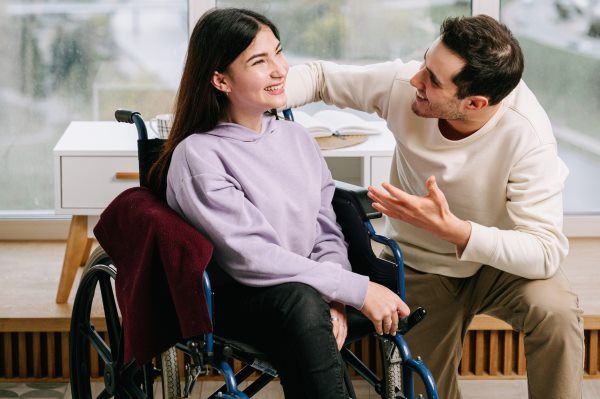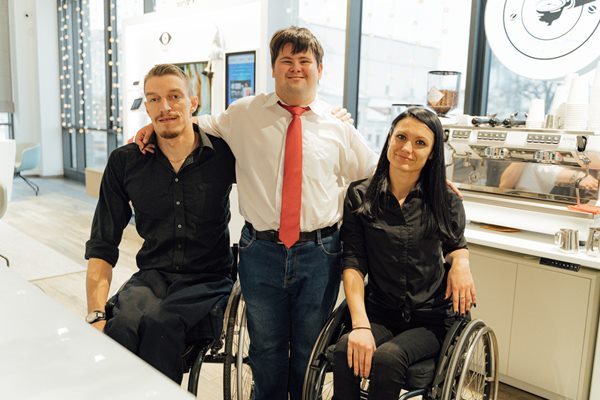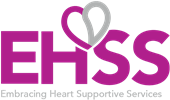Supported Living
Supported Living refers to a model of community-based services designed for individuals who are eligible for developmental disability services. This model allows individuals to live in a home of their choosing—either alone or with no more than two other individuals who also have developmental disabilities. Importantly, the residence must be in a community-integrated setting, promoting inclusion and participation in everyday community life.
A key feature of Supported Living is that the individual retains control and autonomy over their living situation. This includes making informed decisions about where they live, with whom they live, and how they wish to structure their daily routines and supports. The setting must be one in which the individual directs the course of their life as much as possible, reinforcing their independence, dignity, and personal preferences.
While service providers may recommend potential roommates, these suggestions must be made thoughtfully and ethically. Roommate matches should be based on the individuals’ expressed preferences, interests, and compatibility, not solely on a shared diagnosis or disability label. The goal is to create living environments that are person-centered, respectful of individual choices, and supportive of long-term stability and well-being.


Extended Family Home
An Extended Family Home (EFH) is a residential setting designed to provide a supportive, family-like environment for no more than two individuals with developmental disabilities. These homes are either owned or leased by a subcontractor who is responsible for delivering the necessary supports and services to the individuals residing there.
Each individual living in an EFH is either their own payee or has a designated representative payee, and is responsible for paying room and board directly to the subcontractor. This arrangement promotes a sense of independence and accountability, while ensuring that the individual's housing needs are met in a stable and nurturing setting.
It is important to note that agency-owned housing does not qualify as a Supported Living option when the EFH provider is functioning as a subcontractor. In such cases, the arrangement falls outside the parameters of the EFH model and is not recognized as meeting the criteria for Supported Living services.
Day and residential services
EHSS provides both day and residential services in a variety of integrated community-based settings. Each setting is independently operated, continuously staffed, and accommodates no more than three individuals with developmental disabilities, ensuring personalized and attentive care.
Our residential and day services focus on habilitation—offering tailored supports, supervision, and skill-building opportunities to help individuals acquire, retain, and enhance the abilities necessary for greater independence and successful community living.
Residential Services are delivered in the individual's home or community and are designed to support health, personal development, and daily living skills in a comfortable, home-like environment.
Day Services emphasize skill development to support community inclusion and maximize employment opportunities, helping individuals engage meaningfully in work and social activities.


Respite Services
Respite care provides intermittent, short-term relief for the primary, unpaid caregiver who is responsible for the continuous care and supervision of an individual with special needs. This essential service is designed to support caregivers who reside with the individual and are not compensated for their caregiving responsibilities, which are typically required on a 24-hour basis.
Respite services may include supervision, assistance with tasks related to the individual’s physical and psychological well-being, and engagement in social or recreational activities, as outlined in the Individual Program Plan (IPP).
EHSS is committed to offering high-quality Respite Services in full compliance with all applicable regulations, ensuring both caregivers and individuals receive the support they need.
